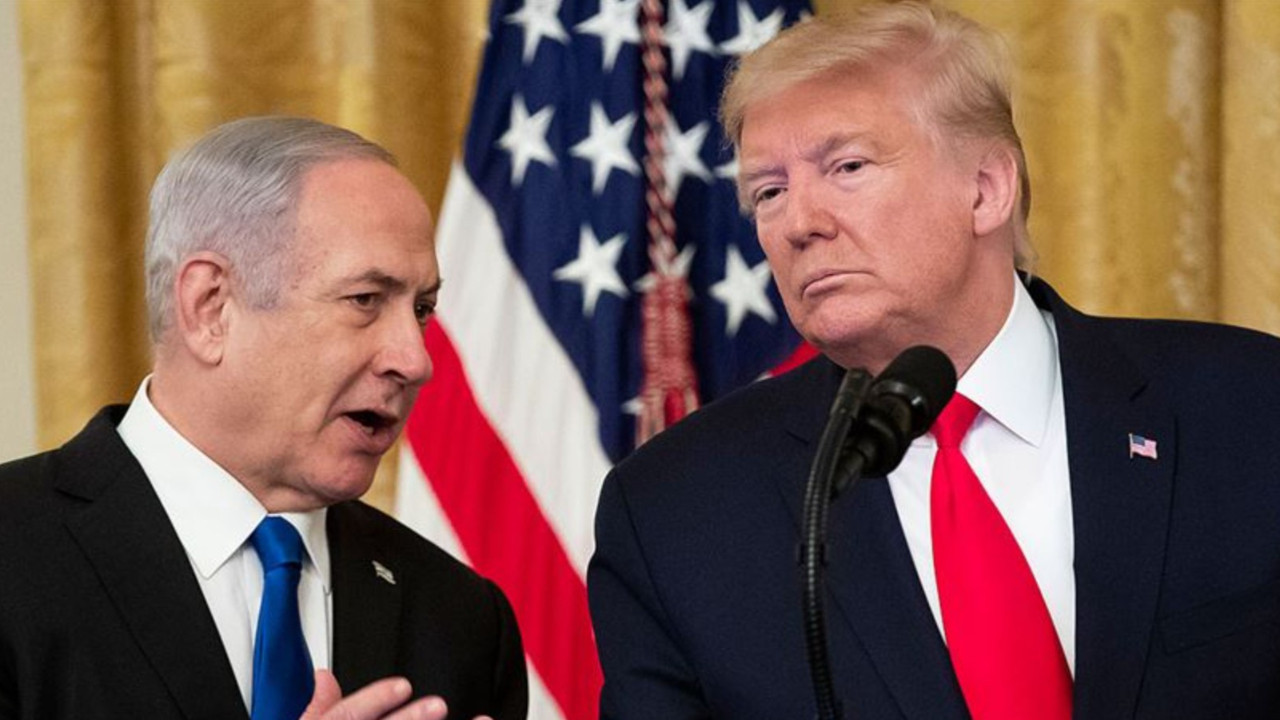A perspective from Pakistan on the recent Iranian-Israeli conflict
A perspective from Pakistan on the recent Iranian-Israeli conflict
By Dure Akram, from Lahore / Pakistan
Earlier this month, the United States launched coordinated airstrikes on three Iranian nuclear sites: Fordow, Natanz, and Isfahan. These facilities were under IAEA inspection. There was no Security Council mandate. No evidence of an imminent attack. The justification, presented as “collective self-defense” on behalf of Israel, cannot withstand legal or moral scrutiny. This was a preemptive strike on the sovereign infrastructure of a UN member state, a plain violation of Article 2(4) of the UN Charter.
It was also a gift to one man: Israeli Prime Minister Benjamin Netanyahu.
Facing corruption charges, domestic unrest, and growing international condemnation over the war in Gaza, Netanyahu has long sought to widen the conflict. For him, Iran is not just a rival. It is a diversion. A shift in focus. A political lifeline. And this time, Washington provided it.
What followed was more dangerous than any exchange of fire: the silence. With few exceptions, the international community looked away. Those who did speak offered little clarity or consequence. Most stopped short of stating what international law makes clear. A country under attack has the right to defend itself.
Pakistan did not remain silent. In an unambiguous statement, the National Security Committee, which includes the Prime Minister, Army Chief, and senior cabinet members, condemned the strikes and reaffirmed Iran’s right to self-defense under Article 51. The language was measured but firm. It referred not to ideology, but to law. Not to alignment with blocs, but to commitment to an international system based on rules.
This position stood in stark contrast to the broader diplomatic failure now visible across major capitals. The issue is not whether one agrees with Iran’s nuclear policies or its foreign posture. Pakistan does not. The issue is whether a state can be attacked while adhering to the very treaties designed to protect it. If transparency under IAEA inspection leads to bombardment, what incentive remains for cooperation?
Pakistan’s position is also shaped by experience. Drone strikes, cross-border raids, and externally imposed wars have long violated its sovereignty. Islamabad knows well how selectively international law is applied, and how Muslim-majority nations often bear the brunt of its double standards.
This is not the first time Pakistan has defied expectations. Just weeks ago, it surprised observers in Washington by nominating Donald Trump for the Nobel Peace Prize. That move was not ideological. It was diplomatic. If the Abraham Accords were considered a stabilizing step, then their architect deserved recognition. The nomination was not about endorsement. It was about visibility, and reasserting Pakistan’s place in global dialogue.
The same principle guided Pakistan’s emergency resolution to the UN General Assembly following the U.S. strikes. That resolution called for renewed diplomacy and a commitment to the sanctity of sovereign infrastructure. Islamabad chose to act while others hesitated.
The strike, followed by Iran’s restrained missile response, has only increased the risk of regional escalation. Even as President Trump announced a ceasefire days later, and both Tehran and Tel Aviv temporarily halted military activity, the damage had already been done. Iran’s deterrence was challenged. Its infrastructure was hit. Israel’s strategic aims were achieved. Netanyahu emerged politically stronger.
The ceasefire itself was driven more by domestic political pressure than by diplomatic understanding. Trump framed it as personal success. Netanyahu claimed victory. Iran, for its part, signaled a pause rather than peace. Within hours of the announcement, missile alerts reappeared. Accusations of violations were exchanged. The paper held, but the threat endured.
From Islamabad’s perspective, this is untenable. What began as a so-called precision strike can easily become a regional war. The implications for Pakistan are immediate. A broader conflict would destabilize the Strait of Hormuz, inflate oil prices, and disrupt Gulf remittance flows. Pakistan, reliant on both, would be one of the first economies to suffer.
The internal risks are equally severe. In a region marked by sectarian tensions, any widening of hostilities between Iran and Israel could inflame existing divides. Extremist groups on both sides of the Sunni-Shia spectrum have already begun framing this conflict in ideological terms. If that narrative gains ground, Pakistan’s domestic security could face renewed volatility.
Condemnation alone is no longer enough. Islamabad must now build on its early diplomatic moves. The General Assembly resolution should be followed by a call for an independent legal inquiry into the legality of the U.S. strikes. If the Security Council remains paralyzed, the General Assembly must act.
Regionally, Pakistan should coordinate with Türkiye, Qatar, Saudi Arabia, and Indonesia to promote de-escalation. These states may not always agree, but they share a common interest in avoiding regional war. When aligned, their voices carry weight.
Pakistan must also lead by example. It should reassert its own doctrine of restraint. This includes its no-first-use nuclear posture, its non-interventionist foreign policy, and its ongoing commitment to the Nuclear Non-Proliferation Treaty and the IAEA’s Additional Protocol. These are not symbolic credentials. They are practical leverage.
At the domestic level, resilience must be integrated into national security. Energy diversification, protection of overseas labor income, and firm counter-extremism strategies must now be treated as strategic imperatives.
The stakes are no longer abstract. If the right to self-defense only applies to certain allies, the UN Charter becomes a matter of convenience. If diplomacy can be punished with missiles, then non-proliferation collapses. What is left is not order, but the exercise of power without constraint.
Pakistan has not taken Iran’s side. It has taken the side of law. Its position is not political theater. It is a statement of legal and moral necessity.
Silence in the face of unlawful war is not neutrality. It is complicity. And complicity is how the international order unravels.
That unraveling benefits only one leader. His name is Benjamin Netanyahu. And right now, he is the only one winning.

















Leave a Reply